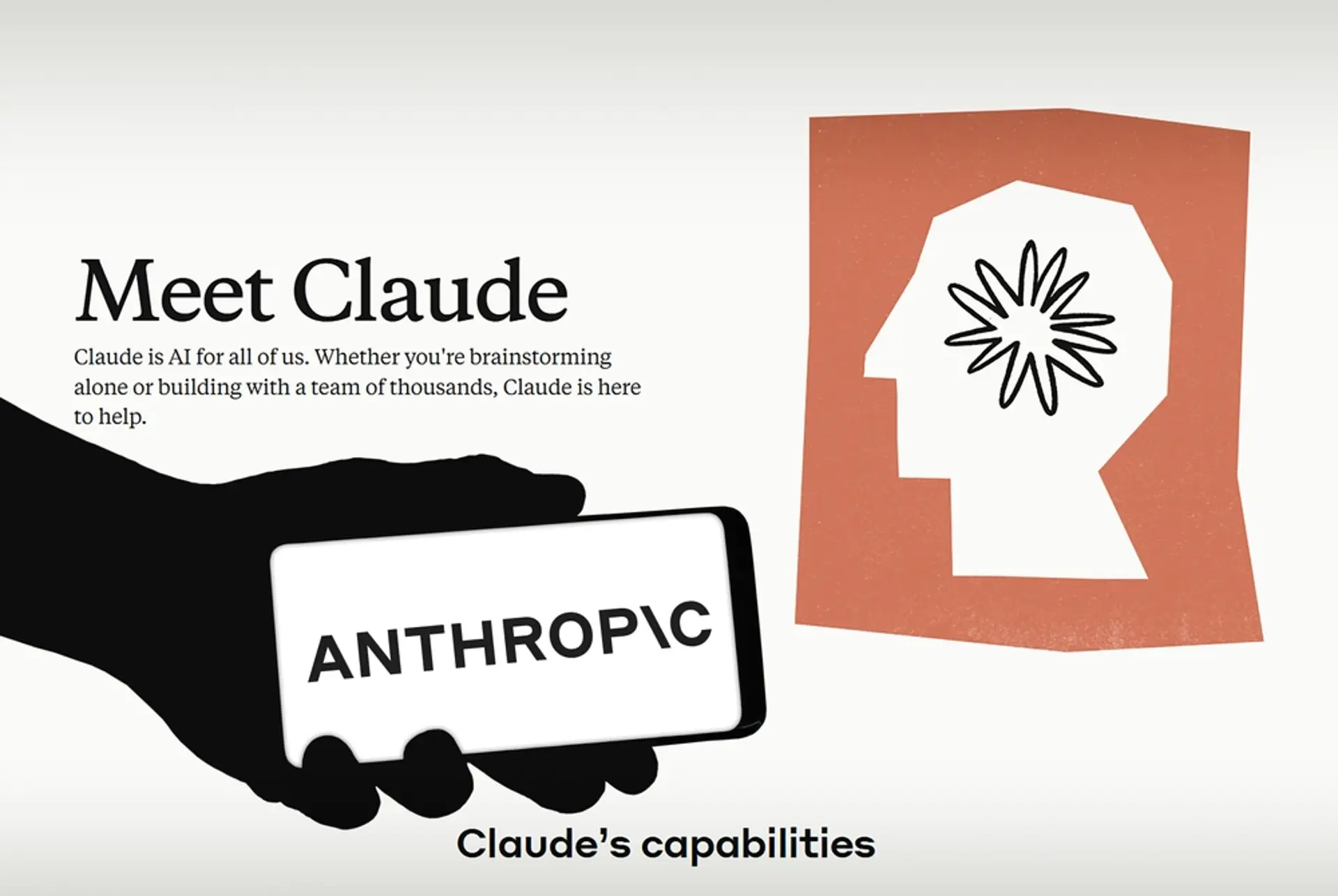
By futureTEKnow | Editorial Team
The artificial intelligence sector is witnessing another seismic shift as Anthropic captures the spotlight with investor interest pushing its valuation north of $100 billion—a leap that further cements its status among the elite players in AI.
This level of enthusiasm has emerged barely months after the company’s last public funding round, reflecting the surging demand for next-generation AI systems and their disruptive potential.
Anthropic is not new to headlines, but investor confidence is soaring to new heights as its financial performance and rapid client adoption set industry benchmarks. Major funding rounds—including over $3.5 billion raised in a Series E, with giants like Amazon committing a hefty $4 billion—have fueled advances in products like the Claude 3.7 language model.
With a revenue run rate around $1 billion, the scale and ambition of its spending (notably $3 billion this year) underline just how aggressively Anthropic is developing its technology to outpace even the most formidable rivals.

Technical breakthroughs: The launch of Claude models has demonstrated marked improvements in areas like coding support, deeper interpretability, and more human-centric AI collaboration, raising the bar for the industry.
Enterprise traction: From lean startups to Fortune 500 behemoths like Zoom and Pfizer, businesses are adopting Anthropic’s technology to accelerate operations, turning months-long workflows into quick-turnaround tasks.
Ecosystem expansion: Partnering with top cloud providers and setting up new international hubs, Anthropic is building out both infrastructure and talent to maintain its competitive edge.
Investor interest at the $100 billion threshold reflects both Anthropic’s execution and the broader conviction that generative AI platforms are set to dominate the next decade of enterprise technology. This level of attention is usually reserved for companies on the brink of fundamentally transforming not just tech, but the wider economy.
While a huge valuation is eye-catching, the deeper story lies in Anthropic’s ability to innovate at the pace that today’s digital-first enterprises demand. The AI landscape is evolving fast; platforms like Claude are integrating real-time web search, driving new forms of discovery and interaction that are already reshaping how information flows online. As more organizations look to augment and automate knowledge work, Anthropic’s growth trajectory shows no signs of slowing.
Anthropic isn’t just setting valuation records—it’s providing a glimpse into the next era of technology, where autonomous systems, smarter tools, and frictionless human-computer collaboration are the new status quo. The question is no longer if, but how quickly these shifts will ripple across every industry.

Bridgit Mendler’s Northwood Space is pioneering mass-produced ground stations, enabling scalable, high-speed connectivity for the new era of satellite networks and megaconstellations.

SpaceX aims to nearly double launches from Vandenberg in 2025, facing support from federal agencies but strong objections from the state and local communities.

Traditional Medicare will pilot AI-assisted prior authorization in 2026 across six states, focusing on high-risk outpatient services. Clinicians retain final say, but incentives and access concerns loom as CMS tests fraud reduction and “gold card” exemptions. Here’s what providers and patients should know.

OpenArt’s new “one-click story” compresses scripting, visuals, and edits into ready-to-post short videos—fueling viral growth and a fresh IP debate. We break down how it works, adoption signals, what’s next (multi-character, mobile), and practical guardrails creators and brands should follow to stay original and compliant.

OpenAI’s o3 swept the Kaggle AI chess tournament, defeating xAI’s Grok 4–0. The victory fueled the intense rivalry between Altman and Musk, reshaping AI benchmarks.

NASA and Google’s AI-powered Crew Medical Officer Digital Assistant enables autonomous diagnoses for astronauts on Mars missions, redefining remote healthcare for space and Earth.

Pinterest’s CEO confirms that fully agentic AI shopping is years away, as the platform invests in AI-powered tools to enhance discovery, inspiration, and personalized shopping experiences for millions.

Shopify’s new AI shopping tools are transforming e-commerce, letting agents and chatbots deliver smooth, personalized shopping and checkout experiences across platforms. Learn how these innovations reshape online retail.

Meta has acquired WaveForms AI, a startup pioneering emotion-detecting voice technology. Learn what this means for Meta’s AI voice ambitions and the future of AI audio.

Tracelight is revolutionizing financial modelling for finance professionals with AI-powered Excel tools that automate complex tasks, reduce errors, and unlock new analysis capabilities. Learn how this next-gen solution changes the future of spreadsheets.

China’s Lanyue lander completed its first major test, showcasing advanced engineering for safe, crewed moon landings before 2030. Explore how this milestone shapes the space race.

Microsoft rolls out GPT-5 across its Copilot suite, integrating smarter AI for enterprise and personal users. Discover new features, free access, and what sets this launch apart.
To provide the best experiences, we use technologies like cookies to store and/or access device information. Consenting to these technologies will allow us to process data such as browsing behavior or unique IDs on this site. Thanks for visiting futureTEKnow.